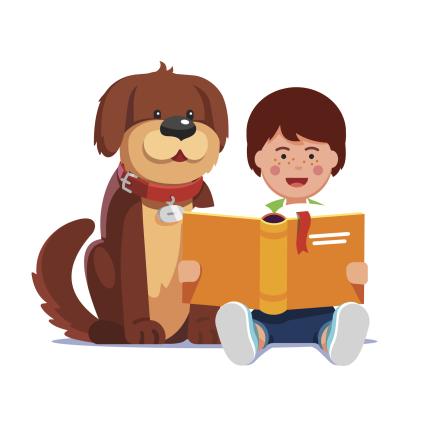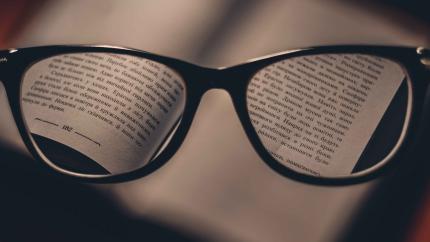Read to a Dog

Young readers practice their reading skills with a comforting companion — a certified therapy dog.

Young readers practice their reading skills with a comforting companion — a certified therapy dog.

For 30 years, Sonoma County Library has matched adult learners with volunteer literacy tutors in their community.
The problem of misinformation is just one challenge for rural libraries. How are they combating the issue?
A new book from ALA Editions explores how libraries across the country are empowering people to make sound financial decisions.
From letter-writing campaigns to debate clubs to button-making, here are some ways to get teens involved.
As school library practices shift, school librarians need to engage educators on the benefits of strong information literacy programming.
To celebrate the 100th day of school, students make a fun activity out of reading 100 books in one hour.

A Georgia public library worked with Vision to Learn to host vision clinics for low-income communities.
Providing a book for a new baby builds community between the library, schools and families.